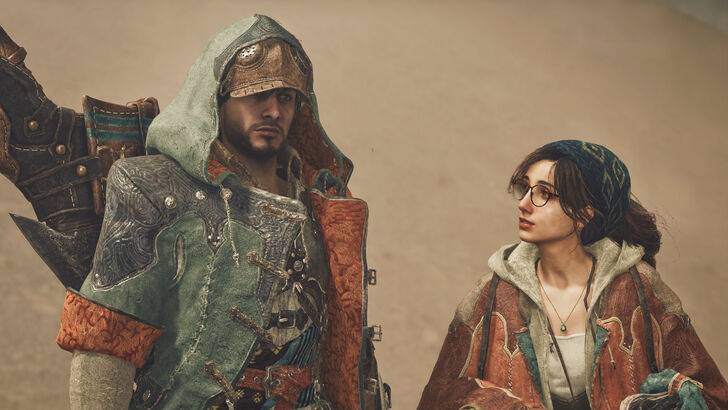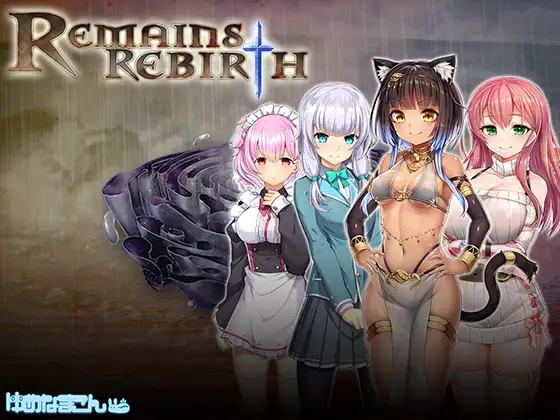The medieval zombie survival game God Save Birmingham burst onto the scene in April with an 8-minute "gameplay" trailer that generated as much doubt as anticipation. While jokes about its Birmingham setting circulated, critics argued the trailer visuals appeared suspiciously polished—with animations suggesting pre-rendered footage rather than genuine gameplay. Some skeptics drew unfavorable parallels to the notorious The Day Before, branding it a potential "fake game" or even a "scam." For context, The Day Before remains one of gaming's most disastrous launches—marketed as "the next generation of post-apocalyptic MMO survival" before releasing as a broken extraction shooter. It earned IGN's near-unprecedented 1/10 score, and servers shut down merely four days after its Early Access debut. Following the viral backlash, Korean publisher Kakao Games and developer Ocean Drive showcased a demo at PAX East and released updated footage offering a clearer picture of the game's current state. While this helped counter skepticism from April's trailer, accusations of being "The Day Before 2.0" persisted. This controversy led me to interview Ocean Drive CEO Jae Kim and publishing head Jungsoo Lee about whether God Save Birmingham can escape these comparisons. Surprisingly, neither seemed troubled by the association—here's why.































